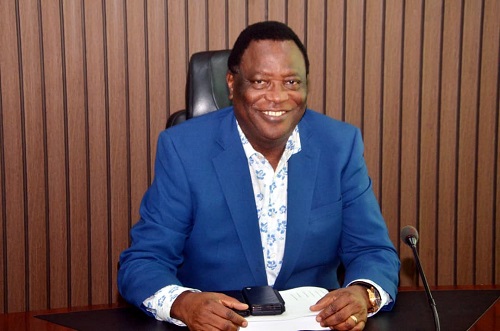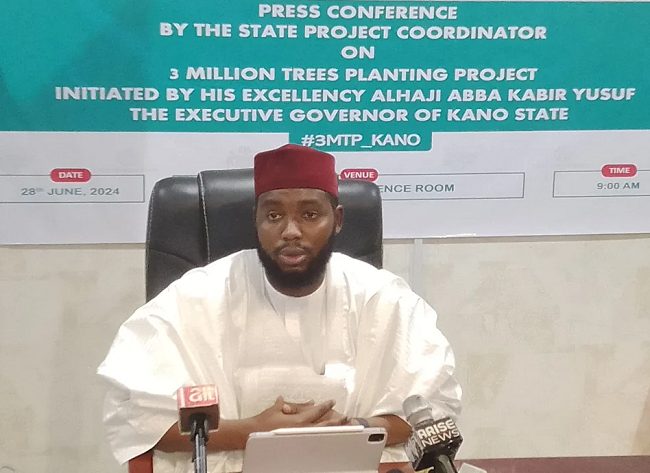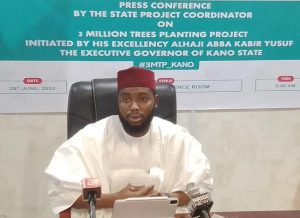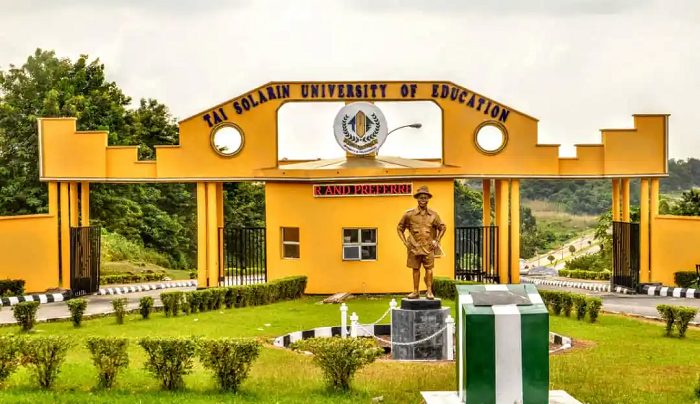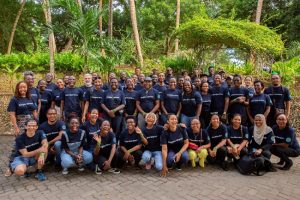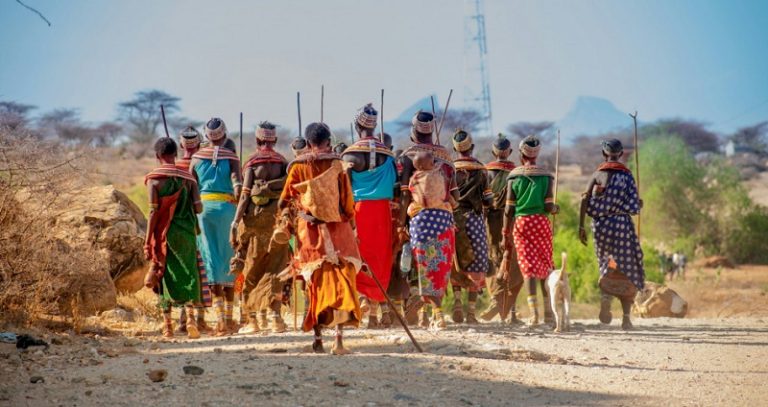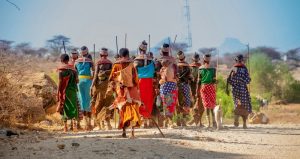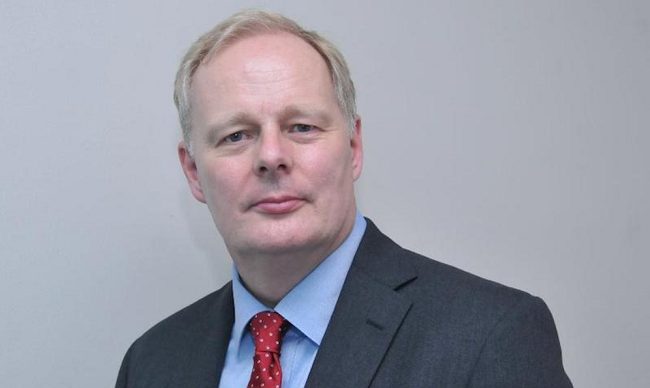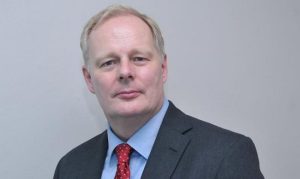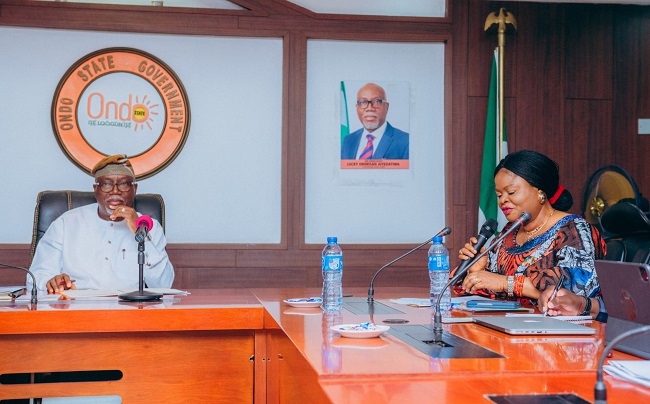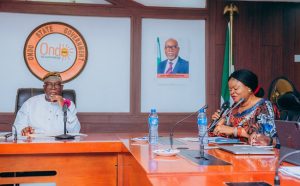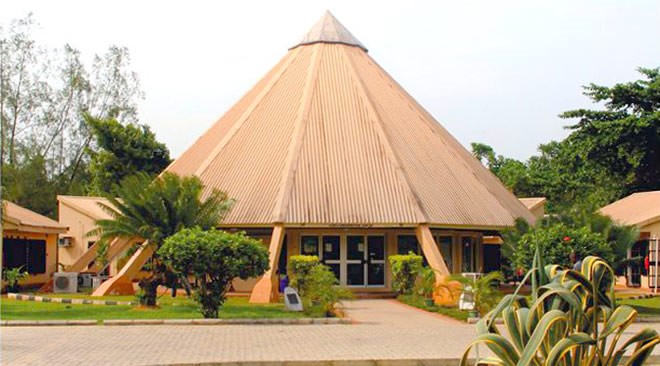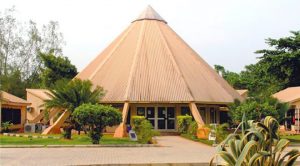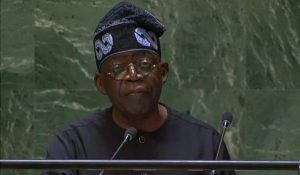The Nigerian Content Development and Monitoring Board (NCDMB) has reaffirmed its commitment to achieve 70 per cent local content by the year 2027.
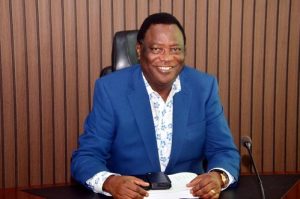
Mr Felix Ogbe, Executive Secretary, NCDMB, said this on Monday, July 1, 2024, at the Nigerian Content Seminar, a flagship programme of the 2024 Nigerian Oil and Gas Energy Conference (NOG), in Abuja.
Malam Mele Kyari, Group Chief Executive Officer, Nigerian National Petroleum Company Limited (NNPC Ltd.) declared the conference and exhibition opened.
Kyari, represented by Mrs Oritsemeyiwa Eyesan, Executive Vice President, Upstream, NNPC Ltd. toured the exhibition pavilion comprising oil and gas products and services.
The 2024 NOG conference, scheduled to hold from June 30 to July 4, is themed, “Showcasing Opportunities, Driving Investment, Meeting Energy Demand”.
“The Presidential Directive and our modalities are in accordance with the objectives of our 10-Year Strategic Roadmap, as they will significantly contribute to the deepening of Nigerian Content.
“This will ultimately help us achieve our overarching aim of increasing the level of Nigerian Content to 70 per cent by 2027,” he said.
Ogbe said the Presidential Directive sought to deepen local content in the Nigerian oil and gas industry, while enhancing competitiveness, mitigating risks of approving unqualified contractors, improving timeline approval and creating an enabling business environment.
He expressed commitment to implementing the Presidential Policy Directive on Local Content Compliance, assuring that when fully implemented; it would significantly impact Nigeria’s oil and gas industry, ensure cost competitiveness and attract further investments.
The NCDMB boss said that the NCDMB had designated five focal areas for implementing the Presidential Directive.
He listed the areas as Promoting the Utilisation/Growth of In-Country Capacities, Enhancing the Cost Competitiveness of Oil and Gas Projects and the Non-Inclusion of Intermediary Entities Lacking the Essential Capacity to perform from the Nigerian Content Plan (NCP).
He included the approval of Nigerian Content Plan (NCP), consisting of contractors to meet legal definition of Nigerian Companies and demonstrate capacity to execute projects within Nigeria, and Entities acting solely as intermediaries.
Ogbe listed some of the accomplishments that the Board had made under his leadership to include, the Amal Technologies Gas Leak Detection Device and Printed Circuit Board manufacturing facility in December 2023 in Idu, Abuja.
He said the facility represented a new era in the Nigerian oil and gas industry, and a significant advancement in research and technology innovation.
“It is a testament to Nigeria’s ability to create indigenous innovation that will be implemented to address the obstacles that the Nigerian oil and gas industry is currently encountering,” he said.
Ogbe said, in June 2024, the NEDOGAS Kwale Gas Gathering and Injection Facility, one of its partnership initiatives with significant advancement in attaining the Federal Government’s flare-out policy was commissioned in Kwale, Delta state.
“The Final Investment Decision (FID) made on the Ubeta Field Development Project by TotalEnergies Exploration and Production Nigeria Limited and its JV Partner, Nigerian National Petroleum Company Limited (NNPC Ltd.) is another significant accomplishment.
“This project will add over 350 million standard cubic feet of gas per day to our country’s gas production capacity.
“The Board is determined to establish an enabling business environment that will attract more investors to the country’s oil and gas sector,” he said.
The flagship programme featured panel sessions on “Nigerian Content as a Business Enabler”, “Exploring Nigerian Content Solutions to Meet Energy Demands’’ and “Exportation of Local Capacity: Maximising Regional Opportunities’’.
By Emmanuella Anokam

